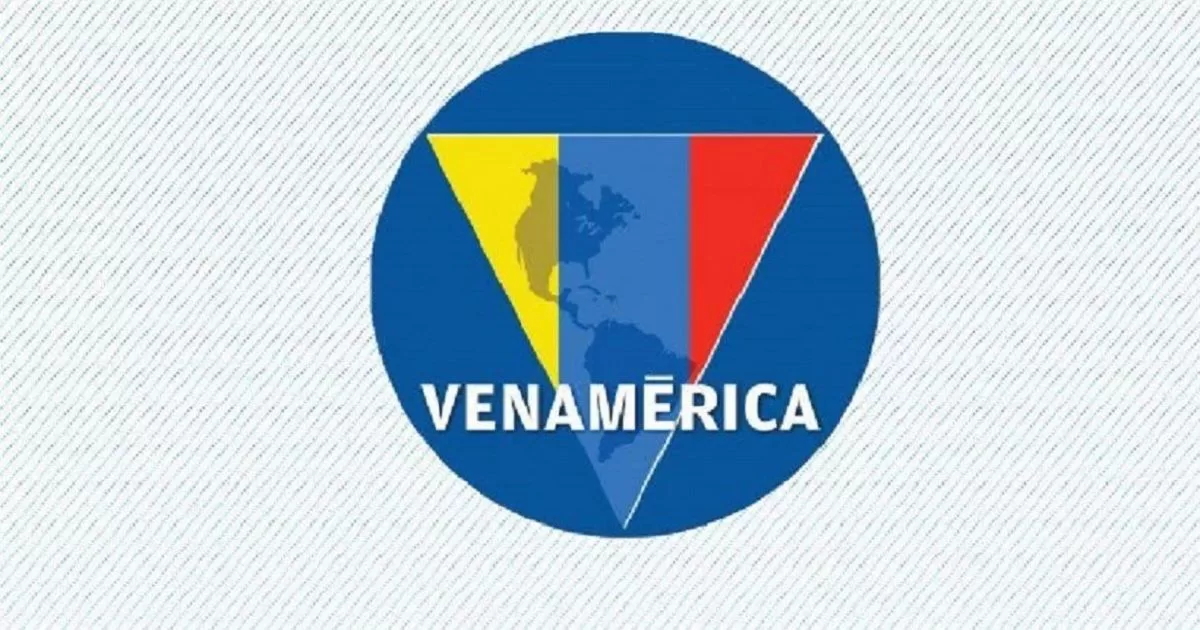“If a country makes the effort to accelerate economic progress, but leaves its basic institutions behind, its potential to create wealth would ultimately be limited.” Neuro J. Villalobos Rincón
Sustainable Economic Development must focus on its sustainability over time, and be the central axis of the democratic conception and social balance of the nation.
Sustainable economic development is conceived as development focused on guaranteeing the balance between economic growth in terms of the Gross Domestic Product (GDP), the quality of life of Venezuelans seen holistically, in terms of human development and the preservation of our environment. in all actions of the State and its citizens.
We have to be able to satisfy the needs of the present generation without compromising the abilities of future generations to satisfy their own needs, which requires a process of change in which the use of resources, the direction of investments and the orientation of technological and institutional changes increase current and future productive potential to meet human needs.
Democracy requires the construction of a competitive and diversified productive apparatus that generates wealth and social well-being for the Venezuelan people. In this way, economic transformation accompanies the deepening of democracy, the significant decrease in poverty and the reduction of inequalities. A more equitable, more just society will also be a more productive society, which will make this model a sustainable scheme. The productive apparatus must generate decent employment for all Venezuelans, also increasing our insertion in the economy world in better conditions than today.
This leads us to profoundly transform the relationship between society, State, market and natural resources. We must reduce dependence on oil and the relative weight of this resource in the national economy through strong growth in non-oil GDP as a product of the diversification of the productive apparatus and balanced regional development.
This reactivation would be possible through the creation of fiscal stimuli for exports, co-financing mechanisms for industrial reconversion projects, preferably in downstream developments at the level of small and medium-sized enterprises (SMEs), and the implementation of programs to form human capital.
Democracy involves a policy of development and diversification of the economy, accompanied by balanced regional development through a mixed economy, with guidelines and regulations by the State that allow the failures that the free play of supply and demand to correct. manage to control, guarantee productive growth, job creation, the fight against poverty and the conditions that facilitate our insertion into the globalization process.
A State that promotes national development that creates the macro and macroeconomic conditions conducive to the production and stimulation of different markets, with the participation of national and international private investment accompanied by technology transfer, transforming oligopolistic and monopolistic market structures into other regimes. by competition, establishing clear rules that guarantee private property and legal stability for investors.
In this sense, social dialogue between the State and society organizations (unions, companies, merchants, producers, professional unions, universities, associations, organized communities and others) is essential, with the purpose of defining and agreeing on development plans. , jointly address social problems and contribute to the construction of solutions, if possible, based on consensus.
Human rights include economic and social rights: the right to form unions, the right to strike, the right to social security and well-being for all, including the protection of childhood, motherhood and old age; the right to education, vocational training, health, culture, housing, leisure and economic security. Of particular importance is the right to stable and well-paid employment, which guarantees the worker’s social security.
Economic rights should not be understood as benefits to passive subjects without initiative but as a necessary starting point for the active participation of citizens in the social enterprise; It is not about subsidizing poverty but about creating the conditions for a truly integrated society with social well-being for all. www.venamerica.org
*Director of VenAméroca



